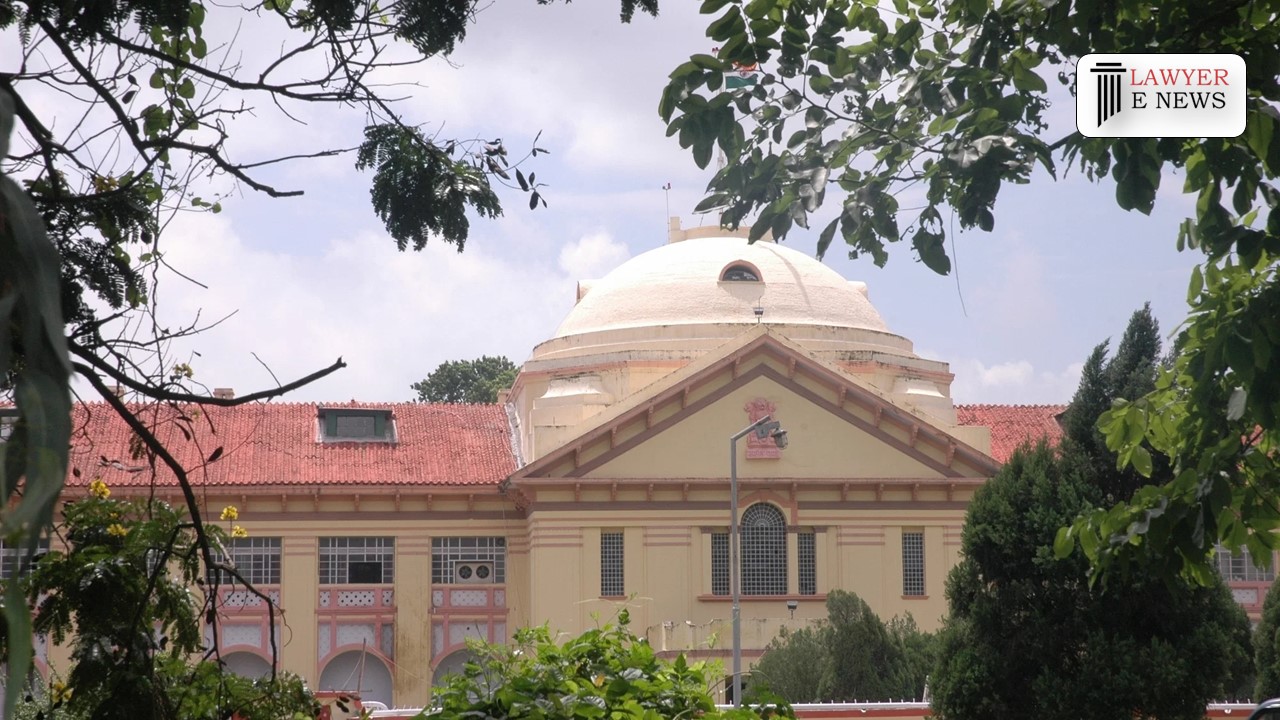-
by Admin
17 February 2026 2:34 PM



In a significant judgment, the High Court of Judicature at Patna has acquitted a man convicted for offences under Section 498A of the Indian Penal Code (IPC) and Section 4 of the Dowry Prohibition Act. Justice Bibek Chaudhuri, presiding over the bench, ruled that the demand for money for the maintenance of a child does not constitute dowry.
The court delved into the essential legal issue of whether a demand for child maintenance falls under the ambit of 'dowry' as per the Dowry Prohibition Act. This pivotal determination guided the verdict in this criminal revision case.
Facts and Issues: The case, originating from Samastipur, involved the petitioner, Naresh Pandit, accused of demanding ₹10,000 from his wife, the complainant, for the maintenance of their daughter. The complainant alleged torture for non-fulfillment of this demand. The evidence included testimonies from four witnesses, including the complainant and an independent witness. However, the court observed the absence of specifics in the allegations and questioned why the complainant did not report the incident to her close relatives.
Nature of Allegations: The court noted the general and omnibus nature of the allegations. The complainant's failure to disclose the incident to her sister and brother-in-law, residing in the same village, raised suspicions about the genuineness of the claims.
Context of Complaint: The timing of the complaint was scrutinized, as it was filed subsequent to a criminal complaint by the petitioner against the complainant, suggesting possible retaliation.
Definition of Dowry: The court analyzed the definition of dowry under Section 2(i) of the Dowry Prohibition Act. Reference was made to several Supreme Court judgments to ascertain the legal framework surrounding dowry and cruelty under Section 498A of the IPC.
Cultural Practices: The judgment discussed the prevalent cultural practice where the pregnant woman and newborn child's maintenance is often undertaken by the woman's parental home.
Final Findings: The court concluded that the demand for child maintenance did not fit the legal definition of dowry. Additionally, the charges under Section 498A of the IPC were not established as the acts did not meet the legal threshold of cruelty.
Decision of Judgment: The High Court allowed the revision, setting aside the judgment and conviction by the lower courts. Naresh Pandit was acquitted of all charges under Section 498A IPC and Section 4 of the Dowry Prohibition Act.
Date of Decision: March 21, 2024
Naresh Pandit Vs. The State Of Bihar & Srijan Devi
